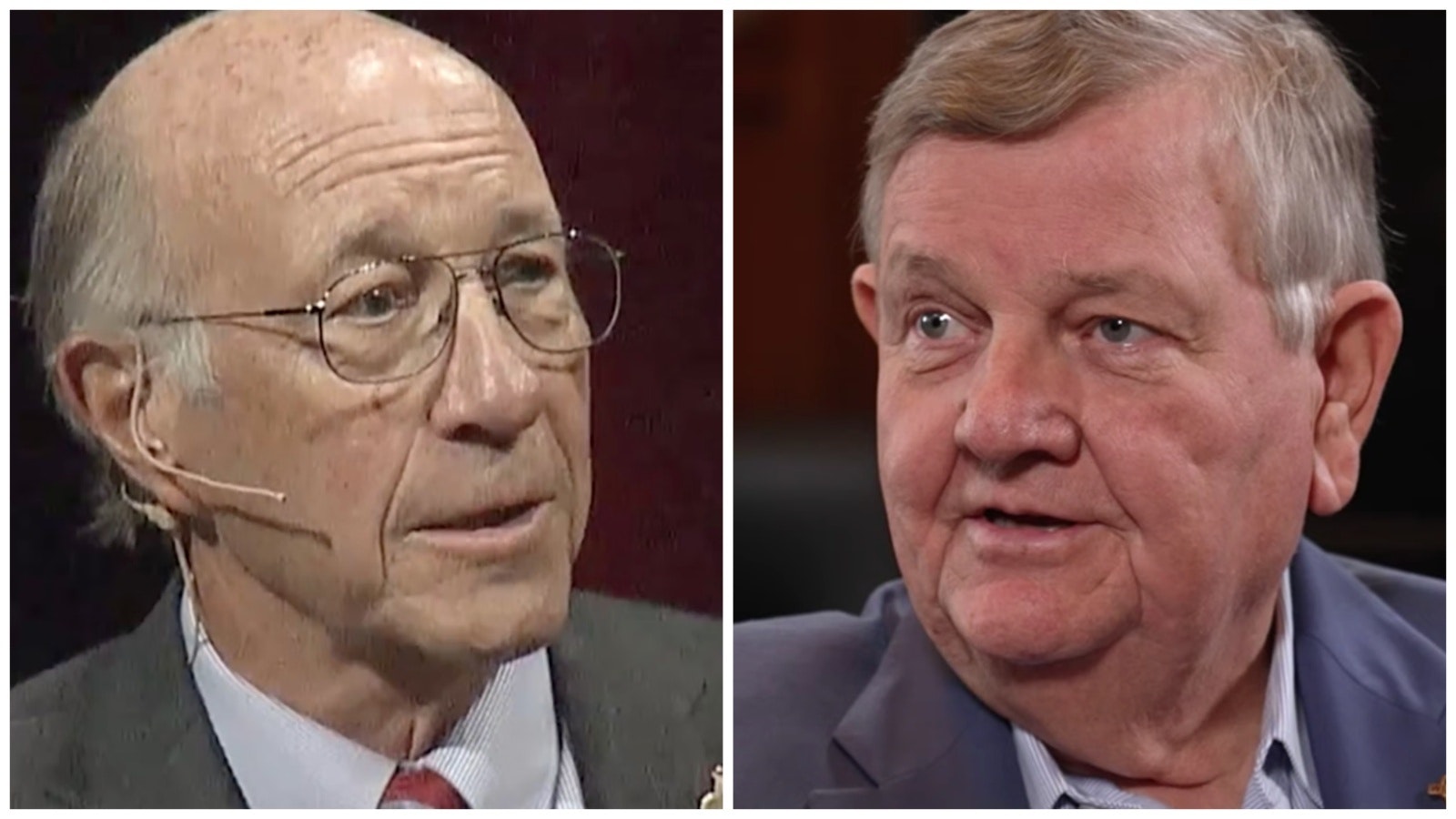When the State Land Board opted for a public auction of a State-owned section in Grand Teton National Park, potentially opening the door to private development, the public reaction was swift and nearly unanimous -- “don’t do it!"
Thousands of Wyomingites made their voices heard. We may despise the federal government but we treasure the Park. The majesty of the mountains, lakes, open space and wildlife is unmatched.
People knew trading the open space and the chance to see buffalo or other wildlife as we drive through the Park in exchange for huge, overpriced houses for largely non-Wyoming citizens was a bad deal, now and for future generations.
Wyoming people have treasured memories of a visit to the Park. We try to make sure our children see it at least once. We encourage friends visiting Wyoming to include a trip to the Park. We brag about the Park when we are out of Wyoming.
To no one’s surprise, this emotional attachment has been on full display over the last several months. Even some of the proponents of the sale will state their opposition to seeing the Kelly Parcel developed.
There are also practical reasons for people’s support for preserving the Park. Wyoming’s tourism economy is growing in importance.
It is our second largest industry. State coffers and the Wyoming communities along the routes in and out of the Park benefit from the millions of visitors.
Anything that diminishes the Park experience damages the tourist trade and the communities and businesses dependent on the dollars brought in by the tourists. The Kelly parcel contains important wildlife habitat and migration routes.
Our State Land Board has tabled, but not withdrawn, the decision to auction the property.
Discussions now include a $750 million price tag and exchanges of the land for massive, federally owned coal and trona reserves.
We are no longer part of the decision-making process but would offer some thoughts based on our experiences.
1. The federal government, just like state government, cannot legally pay more than the appraised value for property. This is true whether it be a cash sale or an exchange. The Land Board secured a private independent appraisal of roughly $64 million. The Land Board adopted a price of $80 million. Current legislative proposals are $100 million or the unbelievable price of $750 million.
2. Anyone who has attempted a land exchange with the federal government understands successful exchanges (particularly involving minerals) are about as rare as hen’s teeth. (Bureaucracies, time and politics can be deadly.) Years pass quickly while negotiating with the federal government and, if you even get a decision, the answer is usually no.
3. The prospect of special legislation from the United States Congress to authorize an exchange of one section of State land appraised for $64 million for mineral reserves valued far in excess of $64 million is even less likely.
4. The Park Service believes it can fund the appraised value of $64 million. The Grand Teton National Park Foundation will endeavor to raise the rest of the often discussed 80-or 100-million-dollar price tag. Money from the sale would be placed in the existing permanent land fund to support public education. Depending on markets, investing $100 million annually would generate $5-8 million to support education for the lifetime of Wyoming. This is far more than the $2,800 currently generated by the Kelly parcel. Importantly, selling the section to the Park Service would preserve the open space and wildlife values so dear to our citizens.
5. The temptation to base our decisions on our historical and deeply held dislike for the federal government is almost visceral. Venting our feelings is one thing. Basing actual decisions on temptation rather than logic and dollars and cents—has seldom worked out well for us. On the other hand, listening to Wyoming people has tended to lead to better decisions. And the people have spoken—no private development on the Kelly Parcel.
We urge the legislature to recognize the commitment of the Park Service and the Grand Teton National Park Foundation and facilitate a sale to Grand Teton National Park. It is arguably a win-win proposition. Wyoming actually comes out ahead of the game – our values are preserved and more money is available, in perpetuity, to fund education.
Mike Sullivan served as Wyoming's governor from 1987 - 1995.
Dave Freudenthal served as Wyoming's governor from 2003 - 2011.





